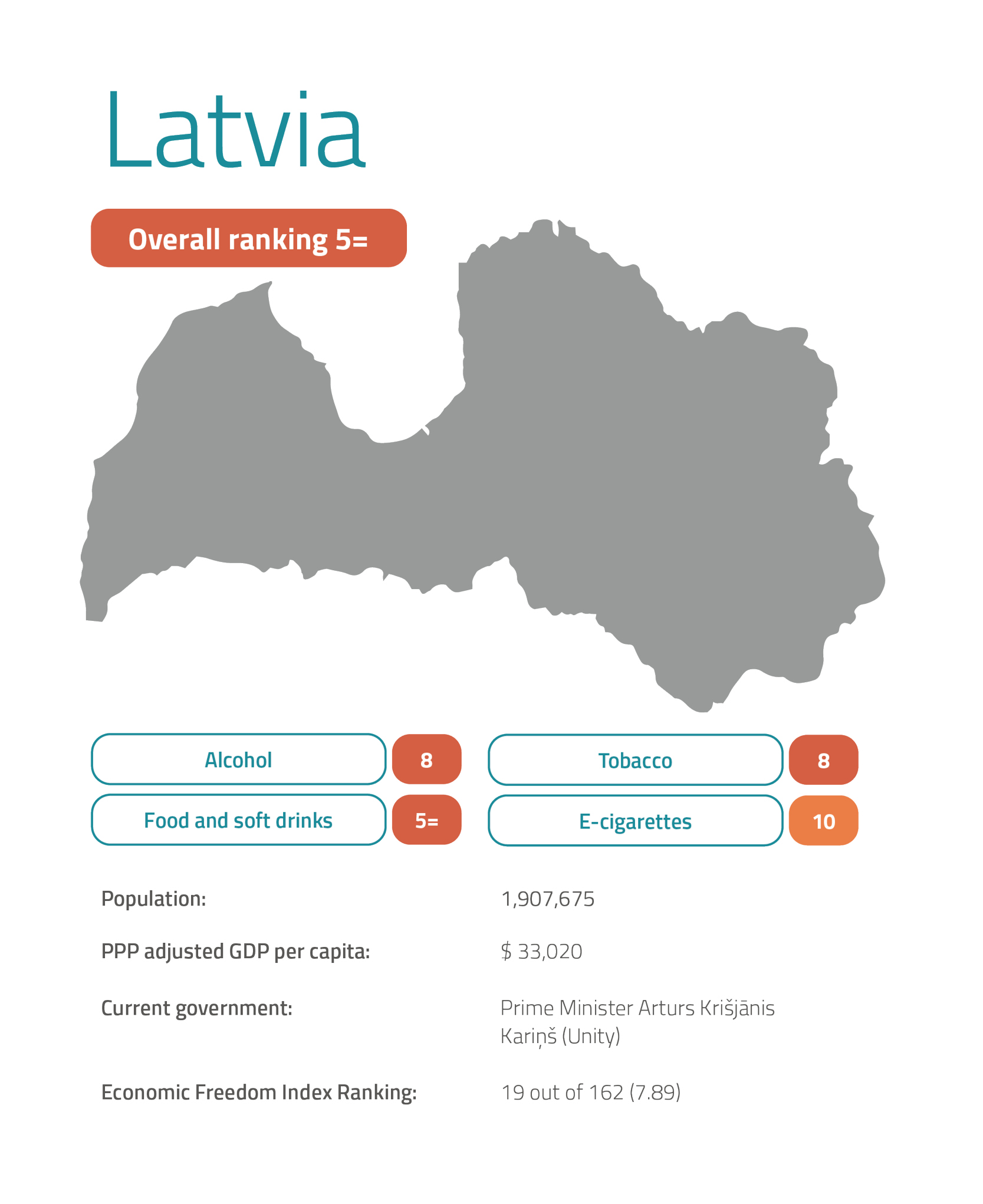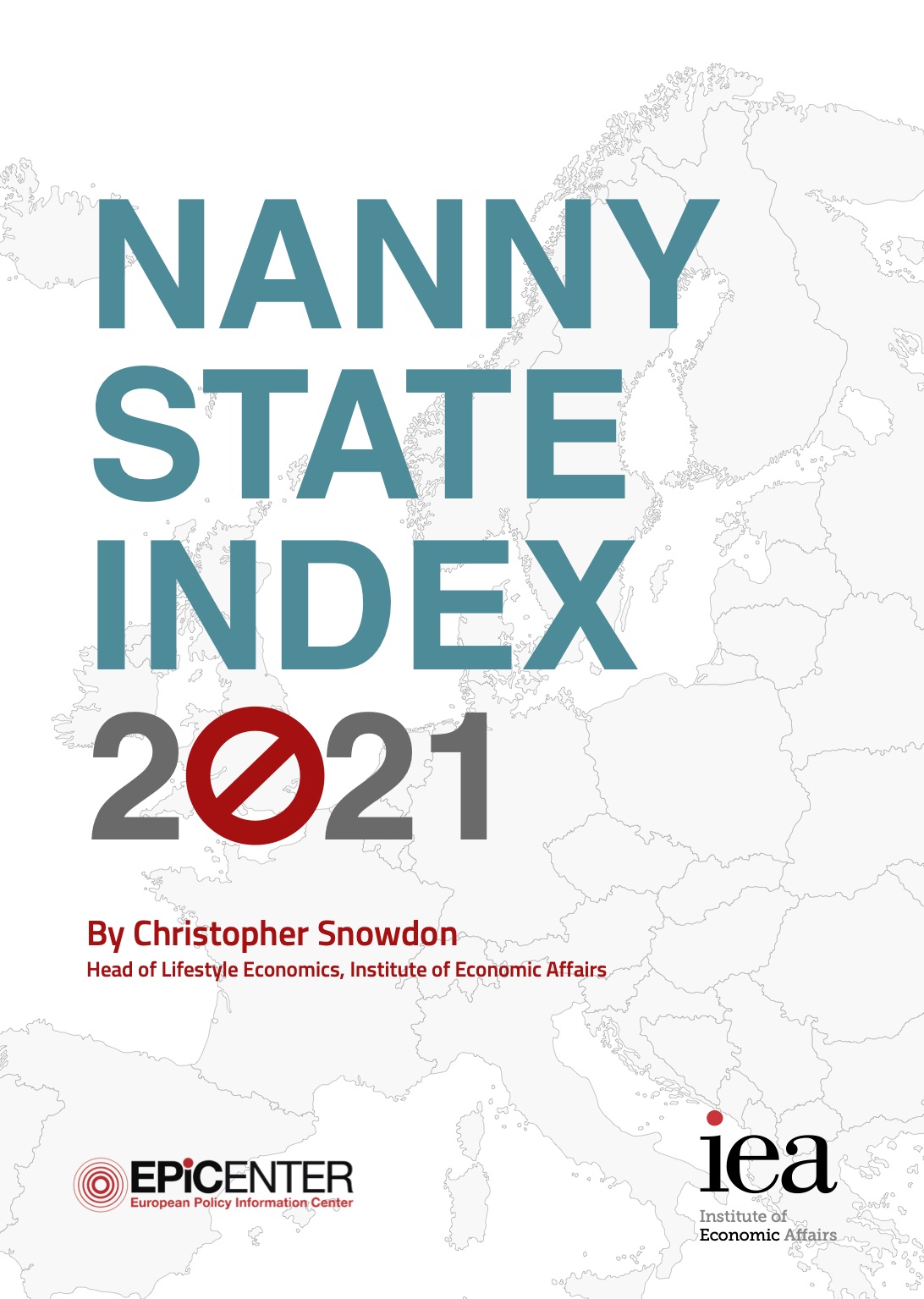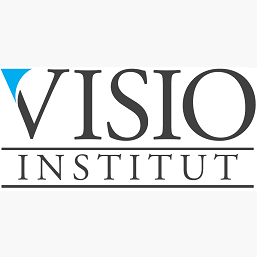
Like many Eastern European countries, Latvia takes a hard line on alcohol. It has some of Europe’s highest taxes on wine, beer and spirits. Spirits cannot be advertised on television, radio or outdoors. Beer and wine cannot be advertised on billboards. Alcohol sponsorship was almost entirely prohibited in 2014.
Alcohol cannot be delivered after 10pm and Latvia’s new Reducing Alcohol Consumption and Alcoholism Plan includes proposals to reduce the drink-driving limit to almost zero and ban all alcohol advertising in print media, cinemas and online. Price promotions and complementary drinks in gambling venues will also be banned.
Tobacco advertising is illegal in all forms. Cigarette vending machines are prohibited and a retail display ban was introduced in October 2020. Smoking is generally banned indoors although designated smoking areas are permitted in workplaces, casinos, airports and some trains. Smoking is banned at public transport stops and within ten metres of government buildings, as well as in parks, squares and playgrounds except designated areas. The ban includes outdoor places within ten metres of government buildings, public transport stops, apartment stairwells/corridors, balconies, and around children. If someone asks you to stop smoking near them, you must do so by law. The same rule applies to vaping.
E-cigarettes are classified as consumer products and can be sold to anyone over the age of 18, but their use is prohibited wherever smoking is banned. In 2016, the government introduced a €0.01 per ml tax on e-cigarette fluid, plus €0.005 per mg of nicotine, amounting to 90 cents on a standard bottle of 16mg/ml fluid. Heated tobacco is taxed at €160 per kilogram, one of the highest rates in the EU, and it is due to rise further – to €218 by 2023.
Latvia banned the sale of energy drinks to people aged under 18 in June 2016. There are also restrictions on energy drink advertising (it is banned in schools, on children’s television, on public buildings and it cannot be associated with sport). Advertisements must carry a warning about the supposed risks of drinking them. Energy drinks must be displayed separately from other food items in shops.
In May 2016, new limits on trans fats were introduced (2g per 100g of total fat content). Sweetened soft drinks, including those with zero calories, are taxed at €0.074 per litre.
About
The Nanny State Index (NSI) is a league table of the worst places in Europe to eat, drink, smoke and vape. The initiative was launched in March 2016 and was a media hit right across Europe. It is masterminded and led by IEA’s Christopher Snowdon with partners from all over Europe.
Enquiries: info@epicenternetwork.eu
Download Publication

Previous version: 2019
Categories
About the Editor
Christopher Snowdon is the head of Lifestyle Economics at the Institute of Economic Affairs. His research focuses on lifestyle freedoms, prohibition and policy-based evidence. He is a regular contributor to the Spectator, Telegraph and Spiked and often appears on TV and radio discussing social and economic issues.
Snowdon’s work encompasses a diverse range of topics including ‘sin taxes’, state funding of charities, happiness economics, ‘public health’ regulation, gambling and the black market. Recent publications include ‘Drinking, Fast and Slow’, ‘The Proof of the Pudding: Denmark’s Fat Tax Fiasco’, ‘A Safer Bet’, and ‘You Had One Job’. He is also the author of ‘Killjoys’ (2017), ‘Selfishness, Greed and Capitalism’ (2015), ‘The Art of Suppression’ (2011), ‘The Spirit Level Delusion’ (2010), ‘Velvet Glove, Iron Fist’ (2009).
Latvia 2021

Like many Eastern European countries, Latvia takes a hard line on alcohol. It has some of Europe’s highest taxes on wine, beer and spirits. Spirits cannot be advertised on television, radio or outdoors. Beer and wine cannot be advertised on billboards. Alcohol sponsorship was almost entirely prohibited in 2014.
Alcohol cannot be delivered after 10pm and Latvia’s new Reducing Alcohol Consumption and Alcoholism Plan includes proposals to reduce the drink-driving limit to almost zero and ban all alcohol advertising in print media, cinemas and online. Price promotions and complementary drinks in gambling venues will also be banned.
Tobacco advertising is illegal in all forms. Cigarette vending machines are prohibited and a retail display ban was introduced in October 2020. Smoking is generally banned indoors although designated smoking areas are permitted in workplaces, casinos, airports and some trains. Smoking is banned at public transport stops and within ten metres of government buildings, as well as in parks, squares and playgrounds except designated areas. The ban includes outdoor places within ten metres of government buildings, public transport stops, apartment stairwells/corridors, balconies, and around children. If someone asks you to stop smoking near them, you must do so by law. The same rule applies to vaping.
E-cigarettes are classified as consumer products and can be sold to anyone over the age of 18, but their use is prohibited wherever smoking is banned. In 2016, the government introduced a €0.01 per ml tax on e-cigarette fluid, plus €0.005 per mg of nicotine, amounting to 90 cents on a standard bottle of 16mg/ml fluid. Heated tobacco is taxed at €160 per kilogram, one of the highest rates in the EU, and it is due to rise further – to €218 by 2023.
Latvia banned the sale of energy drinks to people aged under 18 in June 2016. There are also restrictions on energy drink advertising (it is banned in schools, on children’s television, on public buildings and it cannot be associated with sport). Advertisements must carry a warning about the supposed risks of drinking them. Energy drinks must be displayed separately from other food items in shops.
In May 2016, new limits on trans fats were introduced (2g per 100g of total fat content). Sweetened soft drinks, including those with zero calories, are taxed at €0.074 per litre.

 Austria
Austria Belgium
Belgium Bulgaria
Bulgaria Croatia
Croatia Cyprus
Cyprus Czech Republic
Czech Republic Denmark
Denmark Estonia
Estonia Finland
Finland France
France Germany
Germany Greece
Greece Hungary
Hungary Ireland
Ireland Italy
Italy Latvia
Latvia Lithuania
Lithuania Luxembourg
Luxembourg Malta
Malta Netherlands
Netherlands Norway
Norway Poland
Poland Portugal
Portugal Romania
Romania Slovakia
Slovakia Slovenia
Slovenia Spain
Spain Sweden
Sweden Turkey
Turkey United Kingdom
United Kingdom
















